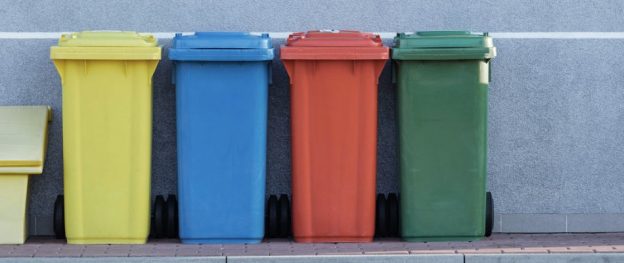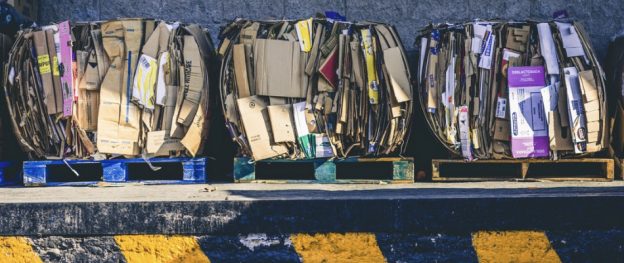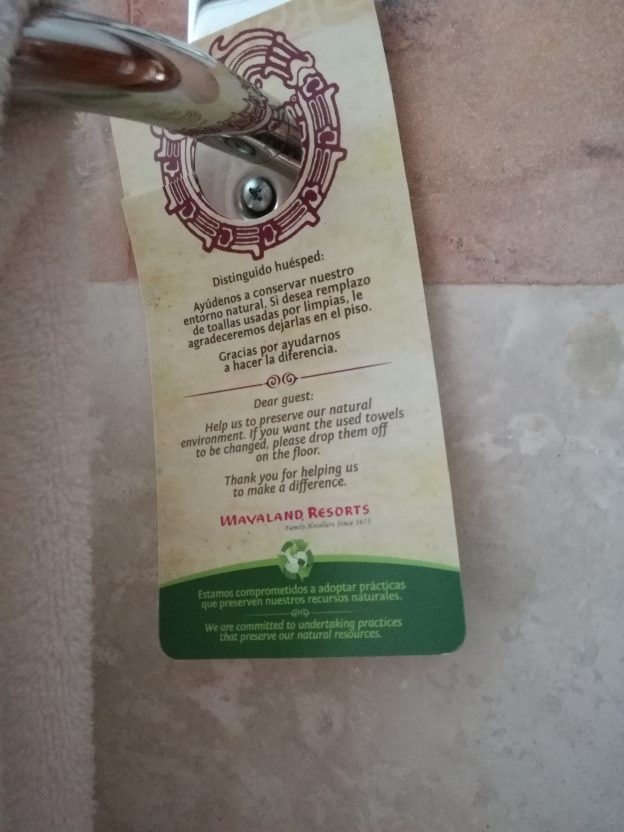On the 18th December 2018, the UK Environment Secretary, Michael Gove, unveiled the Resources and Waste Strategy.
It aims to eliminate avoidable plastic waste by making businesses and manufacturers pay the full cost of recycling or disposing of their packaging. This ambitious plan is the first major overhaul of England’s waste system in over a decade, but comes at a price.
There will be a legal responsibility placed on businesses to take greater responsibility over the waste they produce. This will include large items, such as cars and electrical goods, as well as smaller items such as plastic waste and batteries.
Businesses will not be the only ones affected by the scheme though: householders will see a positive change to the current recycling system, with government plans outlining a more streamlined, consistent and simplified system to be implemented across the UK.
According to Michael Gove, the strategy “will go further and faster, to reduce, reuse and recycle. … We will cut our reliance on single-use plastics, end confusion over household recycling, tackle the problem of packaging by making polluters pay, and end the economic, environmental and moral scandal that is food waste.”
Businesses and industry will be expected to pay higher fees for products that are harder to recycle, repair or reuse. However, the money raised by this scheme will go back into the recycling and disposal system through “Extended Producer Responsibility (EPR)”, which is predicted to raise between £500million and £1billion a year. EPR also aims to incentivise producer to design products that are easier to re-use, dismantle and/or recycle. This should extend the lifespan of a product and will encourage reform in the UK’s packaging industry.
The government has also proposed an introduction to more consistency in the recyclable materials available for collection, making it easier for businesses to know what products that can use to help reduce their costs. They also want to encourage manufacturers to design products that can last longer, to drive up levels of repair and reuse, and to explore mandatory guarantees and extended warranties on products.
At Vesta, our innovative product designs can assist businesses and homes adhere to the new government strategy. Using IoT technology, our smart containers know when they’re running low, and re-order their contents automatically. Our product can make positive changes to business resource and waste management by providing you with waste-reducing alternatives that are refillable, durable and in line with the new UK policy. Using Vesta products will reduce your costs because our products help eliminate the need for damaging single use plastics from global supply chains. We can assist you in creating an efficient and sustainable business models for the benefit of all.
Contact us if you would like to know more
Error: Contact form not found.


